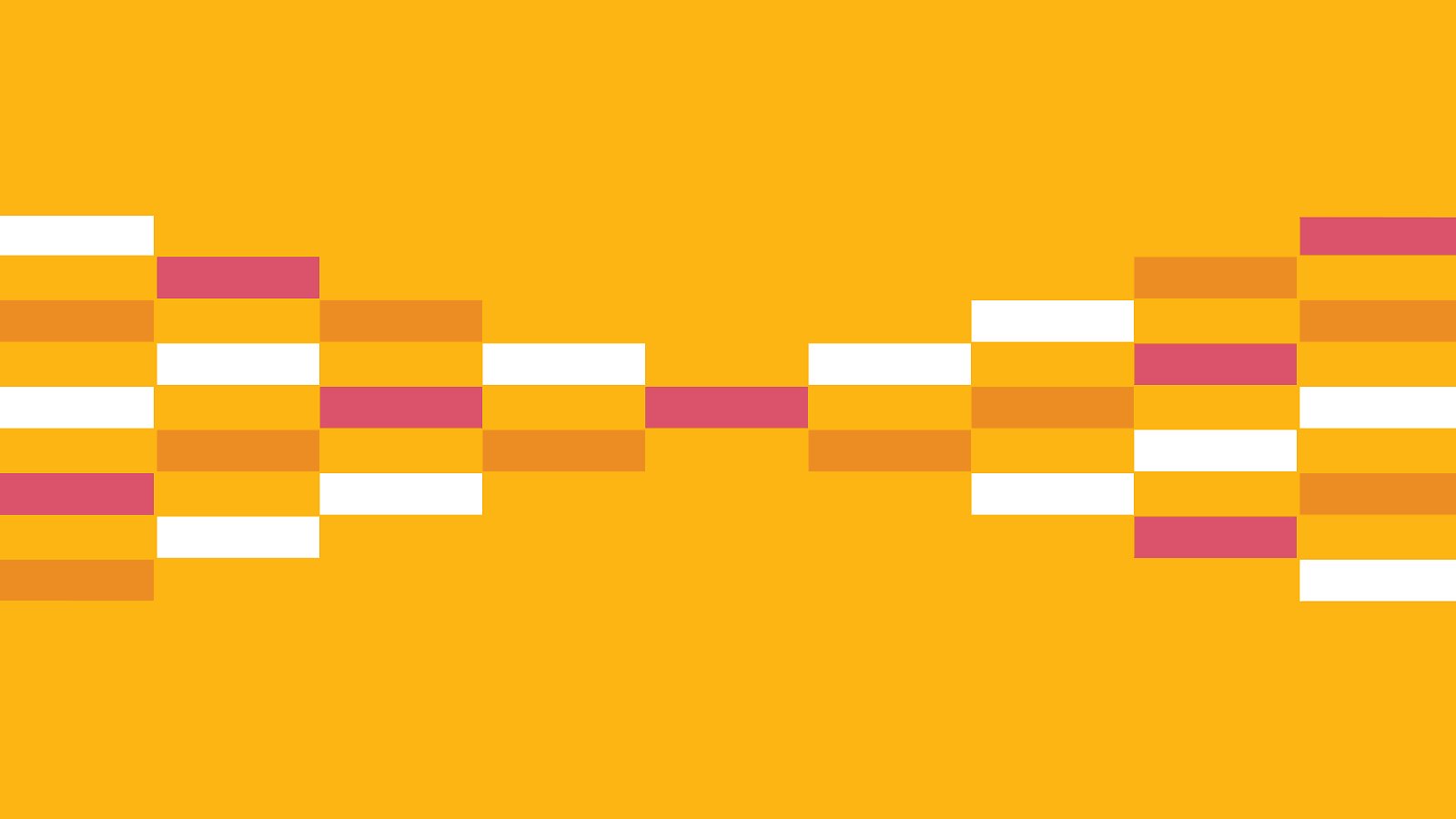

Global Reframing Tax Survey 2025
PwC research reveals the critical role of tax in business strategy and highlights potential actions for realising its full potential.
Dominik Birrer
Partner Tax, PwC Switzerland

Armin Marti
Tax Policy Switzerland, PwC Switzerland
Rolf Röllin
Director - Corporate Tax, PwC Switzerland
On 17 August 2022, the Swiss Federal Council launched the public consultation with respect to the ordinance laying out the material aspects of the Pillar 2 implementation in Switzerland. Interested parties have time until 17 November 2022 to address comments to the Swiss administration. This blog post summarizes the main aspects and provides additional considerations regarding the draft ordinance.

